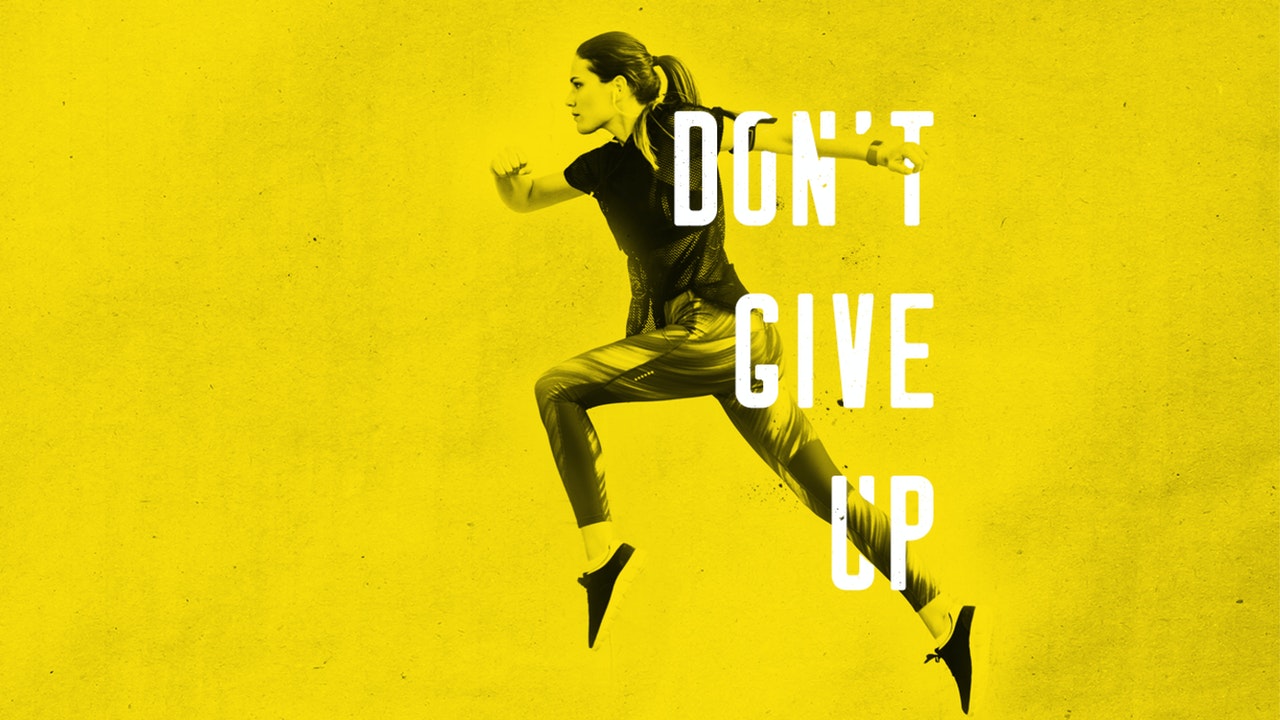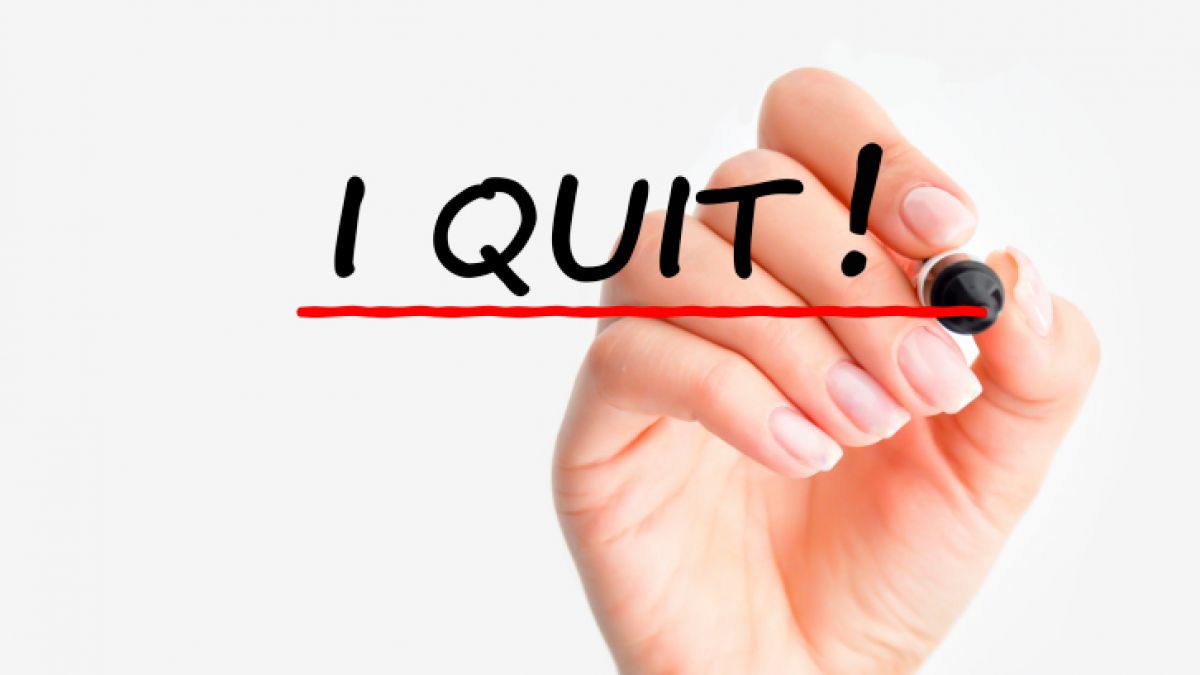
Welcome to WinnerTrick.com — the best source for success and personal development articles, motivational quotes, and tips to live your best life.
contact@winnertrick.com
There are moments—deep, heavy ones—when it feels like the very idea of hope has vanished. Maybe it's your relationships, your work, your studies, or just the exhausting weight of trying to change yourself. Maybe it’s none of those things and just an unsettling cloud of despair that’s slowly crept in, uninvited and suffocating. At times, it’s not even about failure anymore—it’s about not seeing a way forward at all.
You may have caught yourself wishing for some kind of end. A pause button. A curtain call. A way to close your eyes and feel nothing. No disappointment. No pressure. No more trying. And in those hollow spaces, you wonder: What now?
The truth is, even when your spirit feels shattered and your thoughts spiral into that fog of finality, your body—strangely, miraculously—keeps going. Somewhere beneath the weight of it all, your biology is still wired for survival. It’s quietly asking you to help it through. And that small act of listening—to the body, not the mind—can be the first quiet act of healing.
There’s a myth in hardship that every storm makes you tougher. But some seasons don’t forge resilience—they just exhaust it. Life starts to feel like a relentless pile-up of stresses, each one arriving before you've had a chance to recover from the last. No warning. No mercy. And certainly no time to breathe.
Holidays can be particularly cruel—filled with glossy, curated images of lives that look nothing like your own. Social pressure clings to everything: the air, the expectations, the sense of failure that comes from not measuring up to someone else's illusion.
If you’re a creative person, these times may feel even more isolating. Ideas stop flowing. Inspiration dries up. It’s as if the very thing that once made you feel alive now leaves you numb and disconnected. And that creative silence? It makes the darkness heavier.
Getting up, showing up, or even brushing your teeth becomes a mountain. The effort to do anything—even the bare minimum—feels too much. You don't want help. You want out.
But there’s something still flickering in you. A pulse. A breath. A heartbeat that doesn’t ask questions. Your body’s still here, trying, even when you’re not. And that’s where we start.
When we’re mentally worn out, we tend to ignore the physical. We stop eating right. We don’t hydrate. We skip showers, leave the curtains closed, and crawl into survival mode. But what if taking care of the body could help calm the storm inside?
Acknowledge the mental chaos—but set it aside for a moment. Don’t fight the thoughts. Just leave them where they are, like a messy room you’ll come back to later. Instead, do something physical, practical, and simple. You’re not trying to fix your life right now—you’re trying to survive this hour.
Your mind will rest easier if your body is doing something, even small. It’s not about being productive or “snapping out of it.” It’s about creating a rhythm where your breath leads the way and your limbs follow. When the brain spirals, the body can bring you back.

Get yourself under warm water. Shower. Wash your face. Brush your teeth. Clean your space a little—even just making your bed. These may feel insignificant, but small wins build momentum. A clean body and tidy bed offer a quiet signal: something is in your control.
Put on clean clothes, even if you're not going anywhere. Choose something soft, comforting, or warm. It's not about style—it's about reminding yourself that you deserve care, even in private.
Pour a glass of water. Add lemon, mint, or drink your favorite tea—whatever helps you actually drink it. Dehydration can mimic anxiety and amplify fatigue. Keep sipping throughout the day.
Hunger can make sadness feel worse. You don’t need a gourmet meal. A banana. A bowl of cereal. Some toast. Anything light and easy. Just something. Eat again in a few hours. Stability comes from rhythm.
Let music speak when you can't. Play something upbeat or comforting. Use headphones to feel enclosed in sound. Avoid the news. Avoid noise that stirs anxiety. Choose songs that feel like a warm blanket for your brain.
Don’t clean the whole house. Just one corner. Pick up laundry. Wash two dishes. Take out one bag of trash. External chaos feeds internal chaos. Tidy space, tidy breath.
When difficult feelings interrupt you, pause. Jot them down. Don’t analyze—just release. A notebook, a voice note, a private document. Externalizing them clears space in your head, even just a little.
If a friend offered to help, accept. You don’t need a deep conversation—just a quiet presence. Ask them to sit beside you. Or to clean the kitchen with you. You don’t need to talk. You just need withness.
Step out, if you can. Let sunlight hit your face. Stand barefoot in grass. Open a window and feel the breeze. Even five minutes outside your room can change how your body feels inside your mind.
Stretch. Mop. Sweep. Walk. Pull a weed from the ground. Movement is medicine. Even the smallest action sends oxygen and blood into motion. Your body will respond. Your mood may follow.

One of the first things I reach for when I feel ready to quit is inspiration—real, unfiltered stories of people who persisted. Not the shiny social media versions, but the gritty, grounded tales of people who struggled, doubted, and failed… and still moved forward.
I read about authors who wrote ten books before one sold. Entrepreneurs who hit rock bottom before they built something lasting. Athletes who were told they’d never compete again. These stories remind me: no one is immune to setbacks. And more importantly—no one is guaranteed success without struggle.
You may not feel motivated right now, and that’s okay. You don’t need to feel hyped or full of energy. What you need is a spark. A reason to take one more step. Let someone else's path remind you that you have one too—even if it looks messy.
Sometimes, I don’t promise myself forever. I just promise myself “one more month.” I say, “Let’s give it everything I’ve got—just for a little while longer—and see what happens.”
When I started working on this blog, it didn’t grow the way I had hoped at first. I was pouring time, energy, and love into something that barely whispered back. I had moments—many—where I thought, “Maybe this just isn’t for me.”
But instead of quitting, I challenged myself: what if I try a few more strategies? What if I give it six more months before I decide? And slowly, things shifted. Because staying doesn’t always mean doing the same thing. It means trying everything before deciding to walk away.
So ask yourself—have you truly tried it all? Or is there still one more thing you haven’t tested?
This is the hard part—knowing when it’s time to quit and when it’s just resistance talking.
Ask:
Have I explored every angle?
Have I asked for help?
Have I adjusted my approach, or am I just repeating the same failing strategy?
This applies to projects, relationships, habits, and even how we learn. If you’ve been studying the same way and failing, maybe it’s not your ability—it’s your method. If your relationship feels empty, maybe the love is buried, not gone.
The point isn’t just to push through blindly. It’s to stay flexible while staying committed.

When everything feels blurry, go back to the beginning. Why did you start? What pulled you into this path to begin with? The answers to those questions matter—because they often hold your original fuel.
Sometimes I sit in silence and ask, “Am I still chasing this because it matters to me? Or just because I’m afraid to quit?” If the why is still alive, even quietly, I keep going. But if I can't find it anymore, maybe it’s time to pivot—not give up, but redirect.
Think about what life would look like if you let go of this dream. Would there be relief? Or would there be regret?
I’ve found that when regret whispers louder than relief, that’s your soul saying, “Not yet. You’re not done.”
And when those whispers aren’t enough, I remind myself:
This too shall pass.
It’s not just a cliché—it’s been a lifeline during my darkest hours.
It’s easy to lose perspective when your eyes are locked on a future that hasn’t arrived. When you’re chasing a goal and not getting the results you imagined, disappointment creeps in like fog. But here’s the thing—you’ve already come a long way, whether you recognize it or not.
When was the last time you looked back and acknowledged how far you’ve come?
You’ve likely overcome challenges, heartbreak, doubt, and a thousand moments of uncertainty just to reach this point. You’ve adapted. You’ve grown. You’ve survived.
Try this:
Grab a notebook or open a blank document. Write down all the progress you’ve made in this journey—small wins, skills learned, obstacles pushed through. Don’t filter. Just list.
If it’s your business, note every skill you’ve gained, every customer you’ve helped, every hurdle you overcame.
If it’s a relationship, remember the moments of connection, laughter, and mutual growth.
If it’s a habit, track your longest streak, even if it ended. That streak meant you could do it—and you can again.
Progress isn’t always visible in the moment. Sometimes you only see it when you pause and look over your shoulder.
One of the most overlooked causes of burnout is not failure—but over-functioning. You’re so caught up in doing, building, pushing, and striving, that you forget your body isn’t a machine.
Sometimes the reason you want to quit is simply this: you’re tired.
You don’t need to walk away from the dream. You need to lie down. Rest doesn’t mean weakness. It means maintenance. Think of it as emotional hygiene—a reset button for your nervous system.
Rest can look like:
A weekend offline
A nap
A walk without your phone
A day with no to-do list
When you come back, you’ll see your project, your life, your dream through fresh eyes. Often, clarity arrives only after we stop trying to force it.

Before you give up, ask yourself honestly: Is this a dead end—or do I just not know what to do next?
Sometimes the issue isn’t lack of progress—it’s lack of information.
Maybe you’re stuck because you don’t know the next move. In those moments, seek insight. Take a course. Watch a tutorial. Ask someone further along in the journey what helped them.
There’s no shame in needing guidance. In fact, it’s smart. You don’t have to invent every wheel. You just need to find someone who’s already rolled it.
Learning shifts your perspective. It also signals to your brain: We’re not done yet.
When the mountain feels too big to climb, don’t look at the summit. Just find the next rock. One task. One page. One phone call.
Thinking in years and outcomes and goals can paralyze you. The future isn’t here yet. The past can’t be redone. But you can handle the next 10 minutes.
Just do that.
I’ve learned to break my overwhelm by asking one question:
“What’s the very next right thing I can do?”
And then I do that.
Later, I ask it again.
It’s how I’ve built everything in my life—one stubborn, shaky step at a time.

In a world that celebrates speed, patience feels like weakness. But it’s not. It’s an act of quiet courage.
You’re conditioned to expect fast results: instant delivery, instant feedback, instant gratification. But life’s most meaningful transformations don’t follow a countdown timer.
The businesses that thrive, the relationships that grow, the habits that stick—these are all built in time, with trial and error, setbacks and comebacks. You’re not late. You’re in progress.
It may feel like nothing is happening, but beneath the surface, everything is shifting. You’re learning how to endure, how to adapt, how to stay soft when life hardens. And these lessons are not lost—they’re shaping you for what’s next.
Ask anyone who’s built something real: the moment they almost quit is usually the moment right before it changed.
“The universe isn’t in a rush. You are. That’s why you’re anxious.”
Patience isn’t passive. It’s active waiting. It’s showing up every day even when you’re unsure. And it’s trusting that what’s meant for you can’t be missed, as long as you stay open, stay honest, and stay in the game.
Silence can be heavy. When you carry your worries alone, they get louder. They grow teeth.
You don’t have to fix everything in one conversation—but speaking your truth out loud softens its weight. It helps you hear your own voice again.
Find someone who will sit with you in your unedited honesty. Someone who won’t rush to give advice or solutions, but will simply hold space. If no one is available, even online communities or support forums can remind you that you’re not the only one feeling this way.
There is always someone who’s walked this road before you. Someone who chose to stay. Someone who’s glad they did.
Let their survival become your proof.

Here’s the hardest truth of all: not everything is meant to be held onto forever.
Sometimes, what you started months or years ago doesn’t fit the person you are now. It’s okay to evolve. It’s okay to pivot. Letting go of one path doesn't mean you failed—it might mean you’re ready for a new one.
When deciding whether to quit, ask yourself:
Does this still excite me on any level?
Do I miss it when I’m away from it?
Do I feel dread, or do I just feel tired?
If you feel empty and joyless even after rest, reflection, and renewal—maybe this chapter is meant to end.
But if you feel a flicker of interest, a faint tug back toward it—that’s something to pay attention to.
Sometimes we don’t need to quit. We just need to pause. Reframe. Return with new eyes.
And if you do walk away, walk away with your head high, knowing you gave it everything you could, and that it helped shape who you are now.
You’ve read this far. That means you’re not done yet. Maybe today is heavy. Maybe tomorrow will be, too. But somewhere beyond this fog is a future that’s glad you stayed.
Take one more step.
And then another.
The rest will come.
Make sure you enter all the required information, indicated by an asterisk (*). HTML code is not allowed.